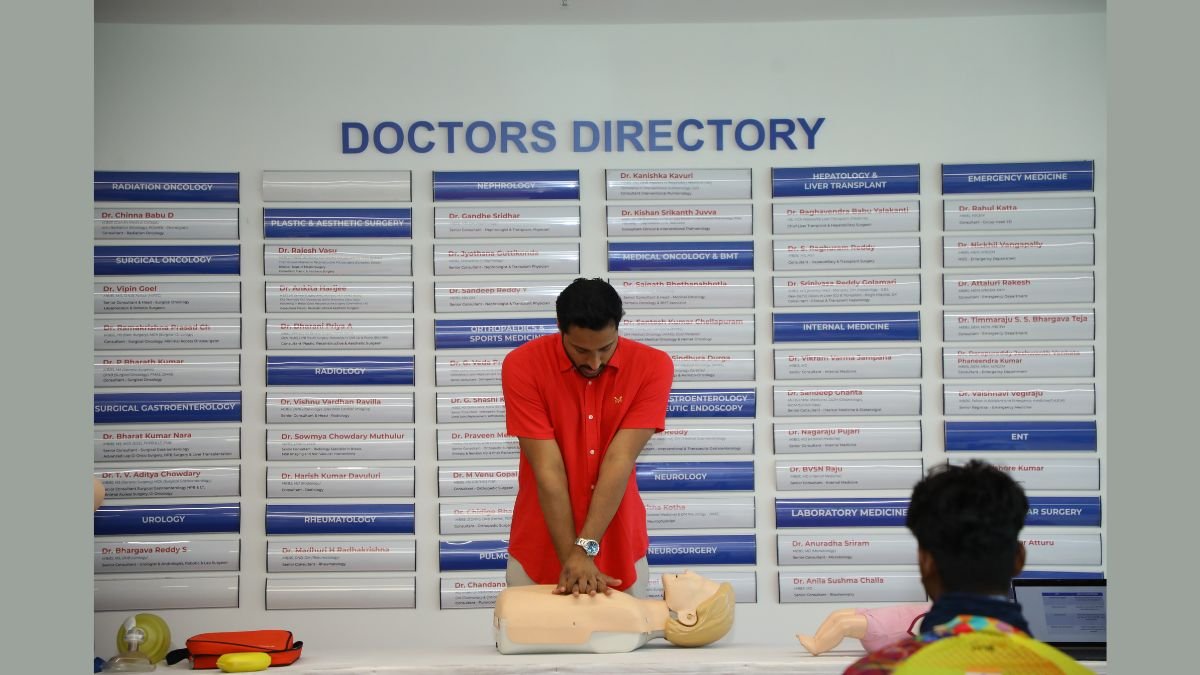

Ms Namita Thapar, CEO of Emcure Pharmaceuticals
Namita Thapar’s message on women empowerment and prioritizing women’s healthcare
March 23: Young women and girls (15-24 years) are an important demographic group constituting 20% of the Indian population, yet they face tremendous challenges in meeting their sexual and reproductive health needs. They – especially women and girls living in rural communities – lack credible sources of information on sensitive SRH topics. This leads to huge gaps in fundamental knowledge of puberty, menstruation, pregnancy-related care, and contraception.
As a result, they face several health problems – inadequate menstrual hygiene, reproductive tract and sexually transmitted infections, early and unintended pregnancies – negatively impacting all aspects of their lives, including education and employment.
These gaps were aggravated by the COVID-19 pandemic that disrupted in-person contact of traditional community awareness programs, and interrupted reliable information channels for young women.
Recognizing the challenge that rural young women and girls face in accessing reliable information on SRH in a confidential manner, Ipas Development Foundation (IDF) developed an artificially intelligent, WhatsApp-based chatbot – Disha Didi -that offers information on a wide range of SRH topics and on COVID-19 and creates linkages to government health facilities. It also includes an option to connect to a human counsellor. Since November 2021, with CSR support from Emcure Pharmaceuticals, IDF has been working to introduce the chatbot to rural, young women in Jharkhand and Madhya Pradesh – an endeavor that has led to empowering over 12,000rural young women with correct information and guidance on fulfilling their health needs. This has been made possible with the visionary support of Ms Namita Thapar, CEO of Emcure Pharmaceuticals who believes in the individual strength of each woman and is committed to their upliftment and empowerment. Excerpt from an interview:
- What in your opinion are the issues facing women of India today?
Emcure conducted a survey of 1000 working women across 7 different Indian cities to understand the stigmas and taboos faced by working women. Some of the shocking results are: a) 90% of women reported facing issues in balancing their work life; b) 84% women have faced stereotypes/ judgements around periods; c) 80% women felt that their male colleagues lacked sensitivity when it came to women health-related concerns
- Where are we in reaching gender equality? What more needs to be done?
Although Indian economy is growing every year, female workforce participation rate has come down to a mere 20% which shows we are far from reaching gender equality in the corporate sector. As per June 2021 IVCA-Bain & Co. report, women make up only 16% of PE & VC teams in India. Similarly, as per Crunchbase 2020 report, only 2.3% of worldwide funding went to women led start-ups.
Despite the progress we have made in the corporate sector for involving women in the workforce, issues related to women’s health are still associated with irrational taboos & stereotypes.
The goal should be to understand and analyze the issues faced by women, followed by driving change for spreading awareness which should be a step towards building a supportive ecosystem for women in the workforce.
- Do you think women’s agenda is adequately represented in the CSR agenda?
With 72% of BSE 100 companies reporting CSR programs for promoting women’s economic empowerment, there is an obvious interest in and commitment to this issue. However, the quantum of spending is relatively low: BSE 100 companies reported around 8% of overall CSR expenditure on average for women empowerment. Companies must take a more comprehensive approach to addressing the gaps in a woman’s journey toward economic empowerment.
- What are some of your initiatives for women empowerment?
We are undertaking a range of initiatives: a) Emcure conducted a survey with 1000 working women of various Indian cities to understand the various social stigmas and taboos faced by working women; b) Uncondition Yourself YouTube Channel – A public awareness initiative on Women’s Health where we break myths and taboos and highlight facts to change the dismal statistics on women’s health; c) Emcure has been conducting free health camps across India specifically for women for detection of various health conditions and spreading awareness about various health conditions like Anemia, Blood sugar, Bone Density etc. and their treatment; d) We have initiated UY public awareness webinar for female employees in corporate sector for sensitizing the women work force. Have successfully conducted 10 webinars with 1000+ participation across various MNCs; e) Our initiative for Emcure women workforce Prerna is spreading awareness towards various women’s health condition by organizing various webinars and corporate events.
I hope that Corporate India will pay closer attention to empowering their women workforce and prioritize sensitizing their counterparts across the country.
- What are some things we can do to advance women’s health, especially sexual and reproductive health?
The main reason for women’s health conditions is ignorance and lack of awareness. Spreading awareness related to various women’s health should be the first step for advancement of women. Women should prioritize their health over work life and family – it is very important that they are encouraged to talk and discuss their problems openly so that issues can be diagnosed early and resolved.
- You are an extraordinary leader and change maker yourself – what is your message for women?
Women should be more vocal and speak up more often on issues and stigmas that surround them – be it related to work, healthcare or even relationships. They are great at time management but fall short on guilt management, often ending up holding themselves responsible and accepting what’s not right. Also, women tend to not prioritize their personal well-being over other factors. It’s about time that this changed. My big message to all women would be – “Be you, the world will adjust!”







